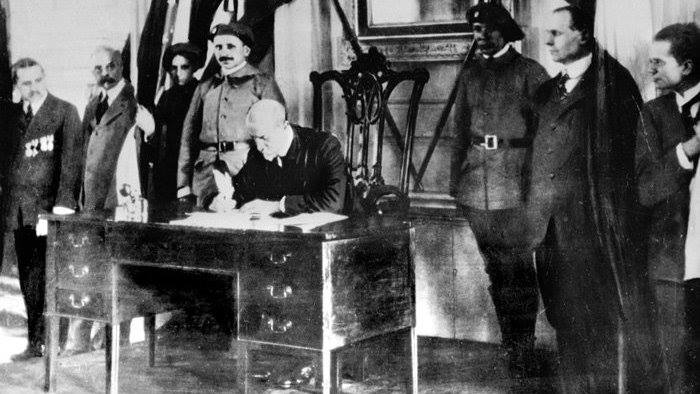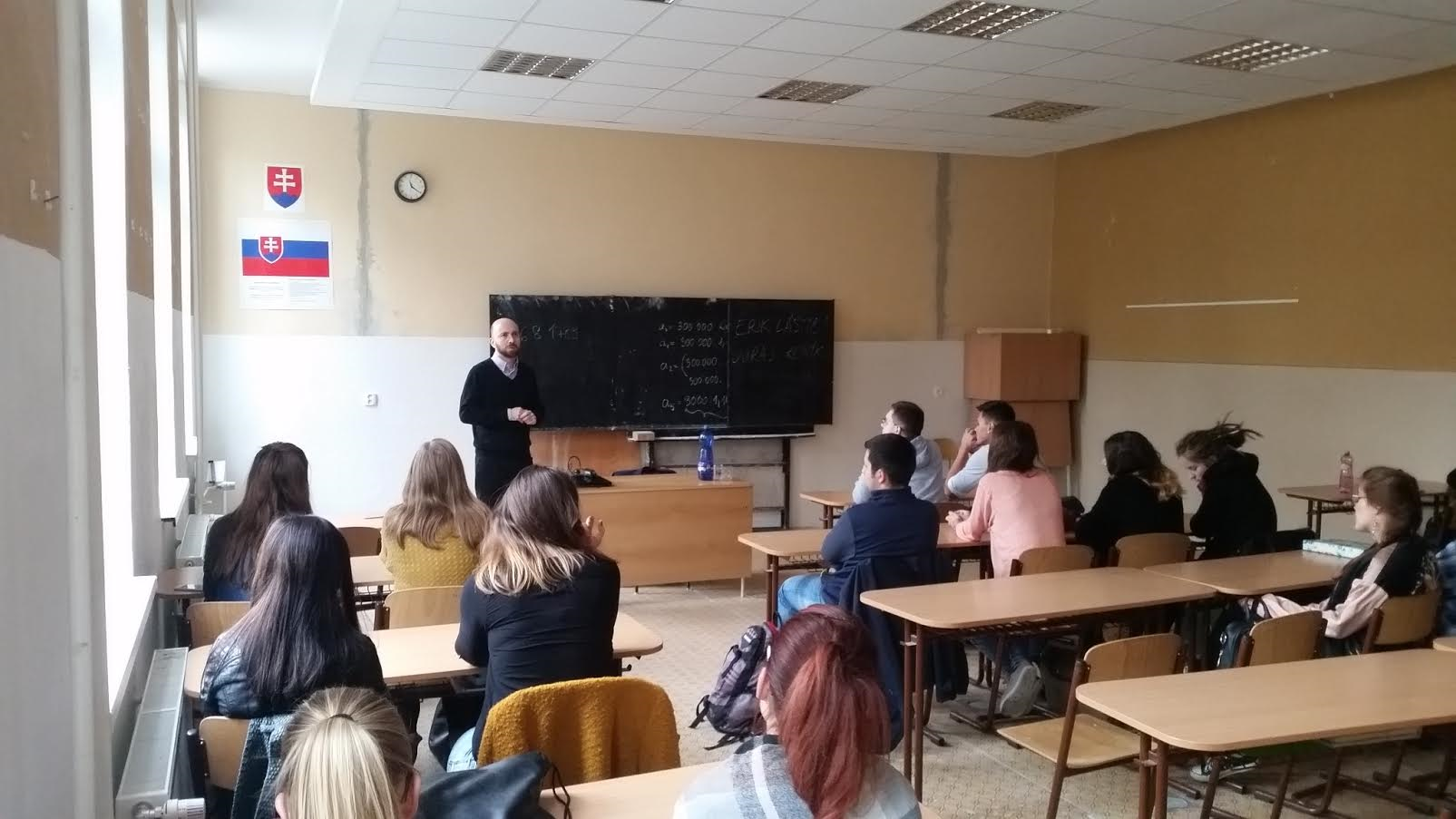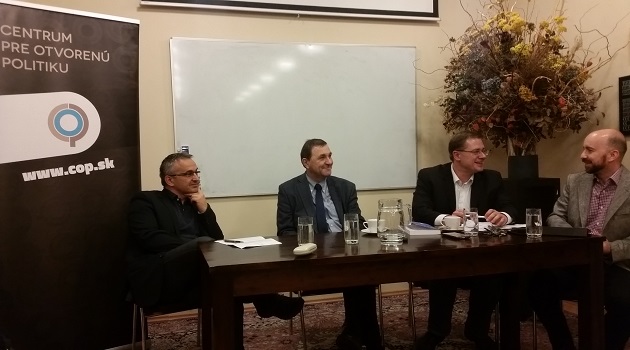Ulrich Beck: Nation-state politics can only fail the problems of the modern world
Europe is Europe’s last remaining realistic political utopia. But Europe remains to be understood and conceptualised. This historically unique form of international community cannot be explained in terms of the traditional concepts of politics and the state, which remain trapped in the straitjacket of methodological nationalism. If we are to understand cosmopolitan Europe, we must radically rethink the conventional categories of social and political analysis.
Just as the Peace of Westphalia brought the religious civil wars of the 17th century to an end through the separation of church and state, so too the separation of state and nation represents the appropriate response to the horrors of the 20th century. And just as the secular state makes the exercise of different religions possible, so too must cosmopolitan Europe guarantee the coexistence of different ethnic, religious and political forms of life across national borders based on the principle of cosmopolitan tolerance.
The question has often been asked: if Britain is so discontented, why doesn’t it resign from the EU? Because Britain follows its own national interests. Imagine for a moment that Britain acted on its anti-European rhetoric and turned its back on the EU. What would happen? Europe would be relieved. And Britain would be a lost island in the rising sea. So the Eurosceptics in Britain and elsewhere have got it entirely the wrong way round. They are trapped in the contradictions arising from EU member nations misunderstanding their place in the world.
Cosmopolitan Europe was consciously conceived and launched after the second world war as the political antithesis to a nationalistic Europe and the physical and moral devastation that had emerged from it. It was in this spirit that Winston Churchill, standing amid the ruins of a destroyed continent in 1946, claimed: “If Europe were once united … there would be no limit to the happiness, to the prosperity and the glory which its four hundred million people would enjoy.”
The founding set of documents of European cosmopolitanism, written when the war was still all too fresh in the mind, were those of the Nuremberg trials. The court created both legal categories and a trial procedure that went far beyond the sovereignty of the nation state. What was being introduced here was not new laws, or a even a new legal principle, but rather a new legal logic that broke with the previous nation-state logic of international law. The concept of crimes against humanity is an revolutionary one. Here is its definition in article 6c: “Crimes against humanity: namely, murder, extermination, enslavement, deportation and other inhumane acts committed against any civilian population, before or during the war; or persecutions on political, racial or religious grounds in execution of or in connection with any crime within the jurisdiction of the tribunal, whether or not in violation of domestic law of the country where perpetrated.”
The first key formulation is “before and during the war”. This is what distinguishes crimes against humanity from war crimes: there may be no war. And the second is that such crimes exist “whether or not in violation of domestic law of the country where perpetrated”. These enormous breaks with nationally based legal concepts were necessary because the persecution of the Jews was legal according to the laws of Nazi Germany, and happened before the war took place. But taken together, the two formulations change everything. They posit an individual responsibility for all perpetrators that is based outside the national legal context, in the community of nations. So if the state is a criminal one, the individual who serves it must still reckon with being charged and sentenced for his or her deeds before an international court of law.
The traditions from which colonial, nationalist and genocidal horror originated were clearly European. But so were the new legal standards against which these acts were condemned and convicted in the spotlight of world publicity. At this formative moment in its history, Europe mobilised its traditions to produce something historically new. It took the idea of recognition of the humanity of the Other and made it the foundation of a historically new counter-logic. It specifically designed this logic to counteract the ethnic perversion of the European tradition to which the nation-based form of European modernity had just shown itself so horribly liable. It was an attempt to distil a European antidote to Europe.
National categories of thought make the thought of Europe impossible. The national point of view sees two ways and two ways only of reading contemporary European politics and integration. It sees it either as federalism, leading to a federal super-state, or as inter-governmentalism, leading to a federation of states. Both models are empirically inadequate. They fail to grasp essential things both about present-day Europe and about the nations that make it up. But they are also, in a deep-structural sense, anti-European. They deny the goal most worth attaining: a Europe of diversity, a Europe that helps diversity to flourish.
Both the federation of states and the federal super-state describe the same zero-sum game from different angles. Either there is one single state of Europe (federalism), in which case there are no national member states; or else the national member states remain Europe’s rulers, in which case there is no Europe (inter-governmentalism). Within this framework of thought, whatever Europe gains, the individual nations lose. And this is true whether one is for a given option or against it. Caught up in the false alternatives of the national gaze, we are given the choice between no Europe or no Europe.
The decline of the nation-state is really a decline of the specifically national content of the state and an opportunity to create a cosmopolitan state system that is better able to deal with the problems that all nations face in the world today. Economic globalisation, transnational terrorism, global warming: the litany is familiar and daunting. There are a host of problems that are clearly beyond the power of the old order of nation-states to cope with. The answer to global problems that are gathering ominously all around and that refuse to yield to nation-state solutions is for politics to take a quantum leap from the nation-state system to the cosmopolitan state system. Politics needs to regain credibility in order to craft real solutions.
More than anywhere else in the world, Europe shows that this step is possible. Europe teaches the modern world that the political evolution of states and state systems is by no means at an end. National realpolitik is becoming unreal, not only in Europe, but throughout the world. It is turning into a lose-lose game.
Europeanisation means creating a new politics. It means entering as a player into the meta-power game, into the struggle to form the rules of a global order. The catchphrase for the future might be: move over America, Europe is back.
Ulrich Beck is professor of sociology at Munich’s Ludwig-Maximilian University and the London School of Economics, and author of Power in the Global Age
(The Guardian 15. 1. 2008)
http://www.theguardian.com/commentisfree/2008/jan/15/politics.eu







